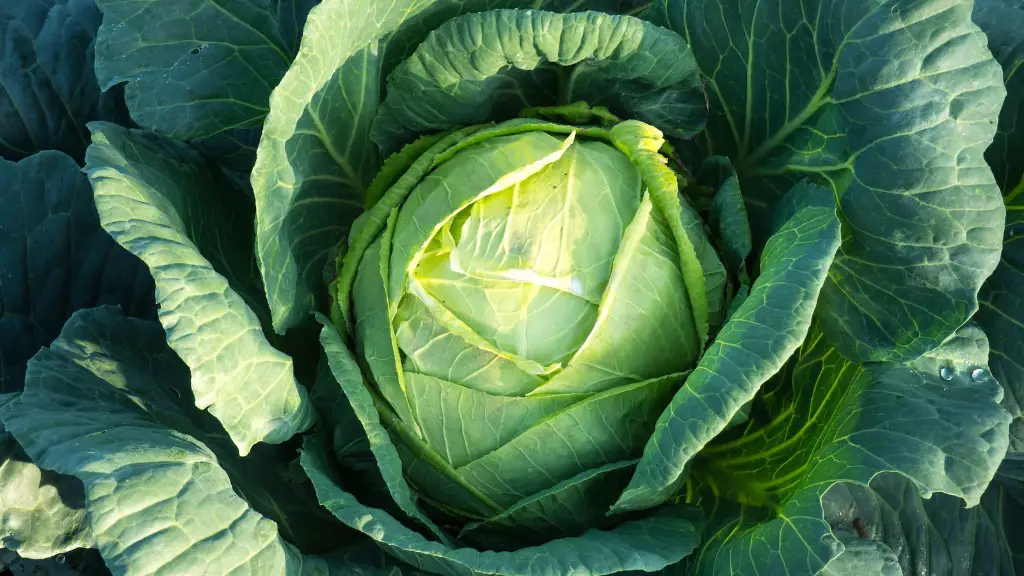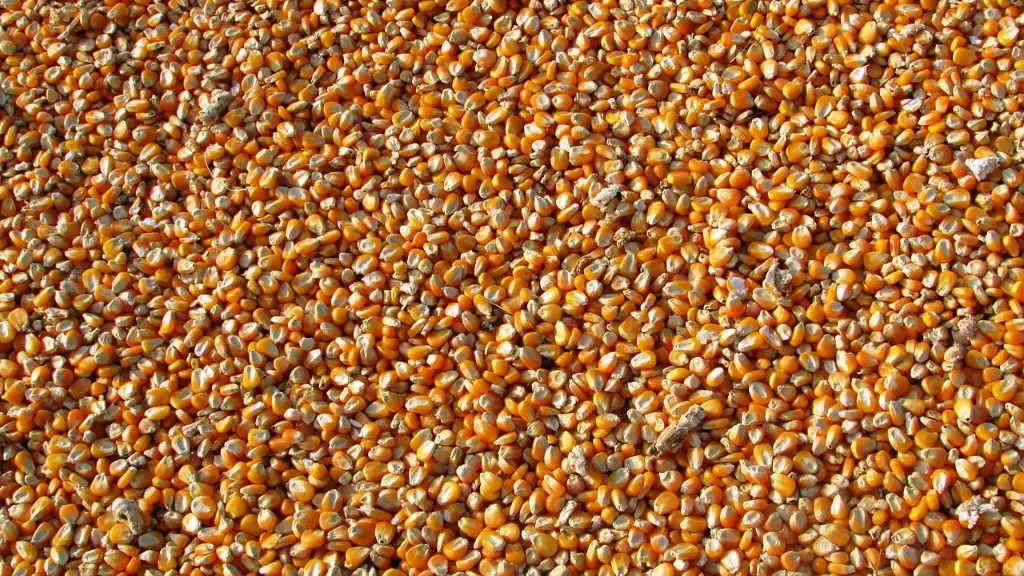Recombinant DNA, also known as ‘genetic engineering’, has revolutionized the field of agriculture, allowing for the production of higher yields and more resistant crops. By exchanging, inserting and deleting genes in plants, scientists are able to make changes to existing crops that benefit farmers. This technology has been used to produce crops with a higher nutritional content, higher resistance to environmental stresses, and improved flavor and yield. Here, we’ll look at how recombinant DNA is used in agriculture.
One of the primary uses for recombinant DNA in agriculture is to introduce resistance to certain diseases, pests, and other environmental conditions. Plant breeders and geneticists have developed crop varieties that are more resistant to drought, extreme temperatures, and other stresses. For example, a drought-resistant crop, such as corn, can be developed by introducing a gene that allows the plant to withstand drought better. Additionally, researchers have engineered crops to be resistant to herbicides and insecticides, making them more effective in controlling pests and weeds.
Recombinant DNA is also used to increase yields and improve quality. The introduction of desirable gene combinations or the deletion of damaging genes can alter the performance of a crop, allowing it to have higher yields or to produce better quality produce. For example, it is possible to develop a variety of tomato that is less prone to cracking, providing a higher quality product which is less likely to be wasted.
Another benefit of recombinant DNA technology is its ability to improve nutritional attributes. Scientists are able to engineer plants to be high in certain vitamins, minerals, and other nutrients. For example, ‘golden rice’, which was developed using recombinant DNA, has been engineered to be rich in vitamin A, a nutrient which is often lacking in the diets of people in developing countries.
Finally, recombinant DNA technology has been used to develop biofortified crops. Biofortified crops are plants that have been engineered to contain higher levels of essential vitamins and minerals, such as iron or zinc. Biofortified crops can help combat nutrient deficiencies that are common in many countries, especially those in the developing world.
Applications
Recombinant DNA technology has a wide range of applications in agriculture. One of its most common applications is in plant breeding and genetic engineering, where it is used to introduce beneficial genes or combine desirable traits in order to produce higher yields or better quality crops. Recombinant DNA technology is also used to produce genetically-modified organism (GMOs) or transgenic crops, which are plants that have been engineered to have specific traits, such as the ability to resist certain insects or diseases.
Advantages
Recombinant DNA technology has numerous advantages when it comes to agriculture. For example, it can reduce the need for chemical pesticides and herbicides by introducing disease- and pest-resistant crops. Additionally, it can increase the nutrient content of food crops, improve the flavor and texture of produce, and facilitate greater yields. Finally, it can be used to create biofortified crops, which can help combat malnutrition in developing countries.
Disadvantages
Despite its many benefits, recombinant DNA technology also has some potential disadvantages. For example, the use of transgenic crops can lead to the spread of modified genes, which can alter the genetics of wild plants and disrupt local ecosystems. Additionally, some people are concerned about potential health risks associated with the consumption of transgenic foods. Finally, there is the ethical issue of introducing animal genes into plant species, which could potentially result in unforeseen consequences.
Concerns and Regulation
Due to the potential risks associated with recombinant DNA technology, there are increasing concerns about its regulation and oversight. Currently, some countries have banned the cultivation of GMOs and others have instituted strict regulations on their use. In the U.S., the FDA regulates all GMOs, although this is not an exhaustive process, as some products still slip through the cracks. Additionally, there are international regulations on the use of recombinant DNA technology, such as the Cartagena Protocol which governs the transboundary movement of living modified organisms.
Future Directions
Recombinant DNA technology has the potential to revolutionize agriculture, but there are still many areas that need to be explored. For example, researchers are still trying to develop more efficient ways of introducing beneficial genes into plants, as well as testing the long-term effects of consuming transgenic foods. Additionally, regulations and oversight need to be improved in order to ensure the safe and ethical use of recombinant DNA technology. Finally, researchers need to continue to explore ways to make genetically-modified crops more viable and profitable for farmers.


